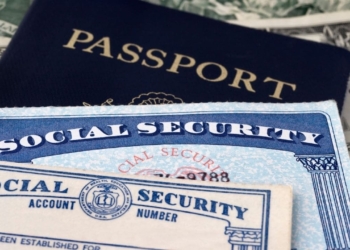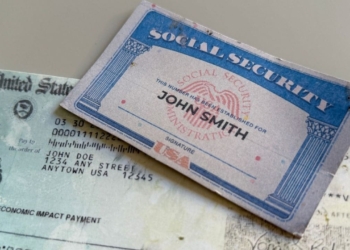In the United States, the third week of May marks one of the most eagerly awaited dates for thousands of Social Security beneficiaries. Although deposits are distributed throughout the month, this week plays a prominent role because it includes one of the largest groups on the payment schedule. Therefore, if you have not yet received your check, it is important to know if you are included on this list.
The Social Security Administration (SSA) organizes monthly payments according to an established system: dates are assigned based on the beneficiary’s date of birth and when they began receiving benefits. This method allows payments to be spread out over four different dates throughout the month, avoiding congestion in the system and possible delays.
In addition, the collection method also influences the exact date on which the money is received. If you have direct deposit, the money is usually available on the same day it is sent. Otherwise, the payment may take up to three business days to appear.
Who gets Social Security payments this week?
This week corresponds to group 2, one of the main segments of the month’s distribution. To receive your check on Wednesday, May 14, you must meet the following two conditions:
- You must have started receiving Social Security after May 1997.
- You must have been born between the 1st and 10th of any month.
If you meet both requirements, your payment was issued on the 14th. If you have direct deposit, the payment should have appeared in your account that same day. If you do not have direct deposit, it could still arrive between the 15th and 17th, depending on your bank or collection method.
This payment already includes the cost-of-living adjustment (COLA) for 2025, which is 2.5%. This is not a one-time increase or extra bonus, but rather the updated amount that applies to all monthly benefits starting in January.
What is the maximum amount you can get this month?
Social Security payments vary depending on the beneficiary’s work history, income earned throughout their career, and the age chosen to begin retirement. In 2025, these are the maximum limits for each situation:
- $4,018 per month for those who retire at full age (FRA) or receive SSDI
- $5,108 for those who delayed retirement until age 70
- A reduced amount if early retirement was requested at age 62
Most beneficiaries do not receive the maximum amount, but these values mark the ceiling of what a person can receive based on their profile. For those who meet the conditions of group 2, this week marks the arrival of their updated monthly income. If you have not yet seen it reflected, check your bank account or the my Social Security portal to confirm the status of your payment.




